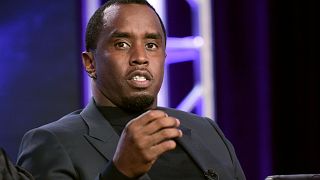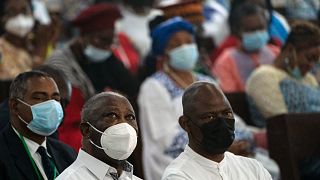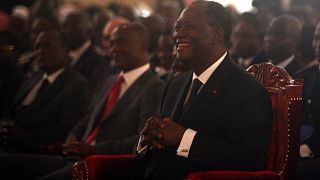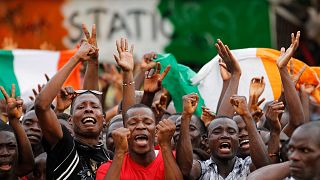Ivory Coast
Ivory Coast’s president, Alassane Ouattara has fired all his security chiefs following a two day mutiny by ex-combatants.
The heads of the army, the police and the gendarmes in the world’s top cocoa producer were dismissed according to a statement from the presidency released late Monday.
This decision comes at a time when the demands of the mutineers were met after the government reached a deal with them over their grievances. The government, he said, had agreed to take into account the soldiers’ demands concerning bonus payments and working conditions.
The three affected officers were:
- General Soumaila Bakayoko, Chief of General Staff of the Ivorian Armed Forces.
- General Corps Kouakou Kouassi Gervais, Senior Commander of the National Gendarmerie and
- Police General Director Bredou M’Bia, Managing Director of the National Police.
Their replacements were also named in the same statement with the president expressing gratitude to them for their service to the country.
The president on Saturday confirmed that a deal had been reached with disgruntled soldiers to end a two-day revolt. The revolt started on Friday in the former rebel town of Bouake in the central region and spread to other parts of the West African nation including the administrative capital, Abidjan.
Meanwhile, the Ivorian prime minister Daniel Kablan Duncan resigned along with his government on Monday, a day after the mutiny. He had been expected to stand down on Saturday, but held off after dissident soldiers took over army bases.
It took 48 hours to reach the deal to quell the revolt in an army that is made up of government troops and former rebels and riven with divisions.
“I have tendered my resignation and that of the government,” he said after a meeting with President Alassane Ouattara.
Ouattara kept hold of his majority in the Dec. 18 parliamentary polls. But legislative elections are usually followed by a change of government as a matter of procedure.
The resignations pave the way for the implementation of measures contained in a new constitution.
Ivory Coast is French-speaking West Africa’s largest and most prosperous economy, as well as the world’s leading grower of cocoa. In 2011 it emerged from a spate of short wars and a protracted crisis lasting nearly a decade to retake its place as the economic engine of the region.
Ouattara signed a new constitution that had been approved by referendum into law in November, casting it as the way to ensure peace is maintained in Ivory Coast.
It modifies clauses in the old constitution that lay behind the conflict, especially concerning nationality requirements for presidential candidates.
Though largely resolved, the aftermath of the conflict has left the government hostage to an ill-disciplined and factionalised military, and Ouattara’s inability to reign it in threatens to undermine its economic success.












01:35
UN and Haitian officials mark one year since Kenyan police arrived to support security efforts
01:13
17 soldiers killed as gunmen raid army bases in northern Nigeria
01:09
Kenyan Police officers charged over death of blogger in custody
00:57
Kenyan police officer arrested for shooting unarmed man in the head
01:49
Russia says it plans to boost economic and military cooperation with Africa
01:05
Trump deploys National Guard to Los Angeles immigration protests